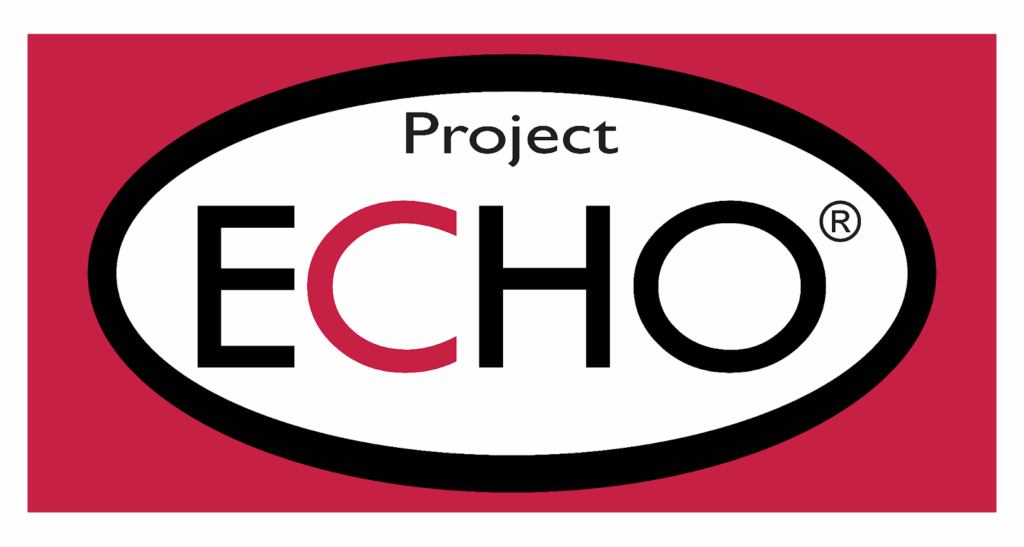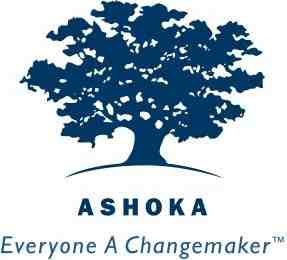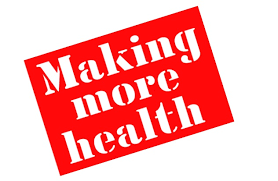Beyond infrastructures, beyond tools and technologies – people also need to be resilient and psychologically adaptive to the climate crisis
– Jennifer Uchendu (Founder, SustyVibes)
About Anchor
Anchor is a collaboration between SustyVibes, Tele-education for Clinicians and Leaders in Africa (TeCLA), an initiative of Making More Health (social entrepreneurship for innovation), Project Echo (virtual medical professionals community for support, guidance and feedback), and mDoc (evidence-based person-centred approaches for medical interventions in Africa).
Why did we do this?
We recognise the scarcity of mental health professionals in Africa and the absence of climate-aware experts to support the growing number of individuals affected by the climate crisis. Anchor was established to address this disparity by aiding African mental health professionals in learning more about the connection between climate change, environmental issues, and our psychological well-being. Our goal was to equip them with knowledge on safeguarding and supporting the most vulnerable members of their communities who are impacted by these issues.
How did we do it?
The Project’s methodology was a blend of balancing global expertise with grassroots insight. Anchor leveraged the ECHO® model, a tele-mentoring framework that transformed Zoom sessions into knowledge exchange hubs. Unlike conventional webinars, the ECHO® approach fostered an “All Teach, All Learn” ethos, where experts co-created solutions through shared case studies and real-time dialogue.
Our learning framework
Participant-Focused
We prioritised participants’ needs, tailoring our curriculum to topics deemed crucial by our participants. We understand that interaction and connection are key to a transformative learning experience, and foster an environment that encourages participants to analyse, discuss, and engage collaboratively.
Cased-Based Learning
Promoting interactive learning, our curriculum emphasises the prominent use of case studies, recognising their significant impact on improving learning outcomes.
Led by Subject Matter Experts
Trainings were co-created with African experts specialised in environmental health, climate change, mental health, climate psychotherapy, and psychology.
Anchor Sessions
One Year Report
Over six months, Anchor fostered knowledge exchange, resulting in a 24% increase in participants’ understanding of the climate-mental health nexus. Participants reported increased knowledge of climate-aware mental healthcare, with 87% finding the training directly applicable to their work.
Anchor serves as a blueprint for scaling similar interventions, utilising elements like virtual platforms and prioritisation of indigenous knowledge. The report emphasises the urgent need for investment in tele-education, integration of mental health into climate policy, and cross-sector partnerships to safeguard vulnerable communities in the face of climate change.
Building Climate-Resilient Mental Healthcare in Nigeria via Tele-Education Networks
Our Partners





